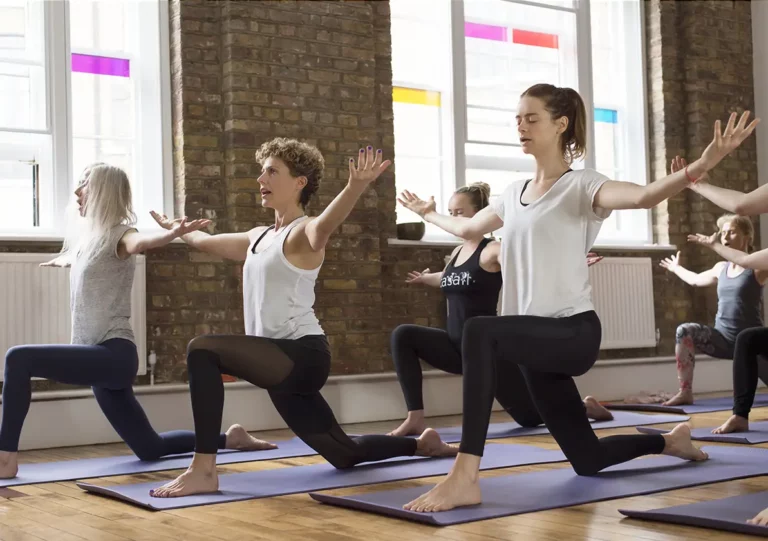EMDR stands for Eye Movement Desensitization and Reprocessing and is a method of trauma therapy developed in the late 1980’s by clinical psychologist Dr Francine Shapiro. In addition to being used to treat the after effects of trauma, EMDR is also increasingly being used in training, counseling and coaching. EMDR is a method that accelerates the processing of traumatic or stressful ‘frozen’ memories and resolves fixed unwanted behavioural patterns.
A ‘trauma’ could be something extreme, such as a car accident, attack or abuse or something seemingly less significant like being bullied at school. Whether it’s a large or small traumatic event or situation, the memories are often stored in a different place in the mind to other less distressing memories. These isolated memories become “locked” and continue to affect us negatively, because they haven’t been properly ‘processed’ due to the stress at the time they occurred. During EMDR we release and let them go, in a safe and supportive space, so that they no longer limit us and we can move forward positively.
Who and what is EMDR best for?
EMDR was initially developed to treat post-traumatic stress but is also very effective for treating:
- Depression
- Performance anxiety
- Phobias and fears
- Anxiety
- Low self-esteem
Following EMDR sessions, clients report:
- Feeling lighter and having more energy
- Any related fearful feelings no longer have the hold they once did
- Feeling much happier, emotionally balanced and more relaxed
- Being able to leave the past where it belongs, in the past
- Improved relationships with others
- Better boundaries with others and more self-care and acceptance
- Once distressing memories become less bothersome and no longer have the crippling effects they used to
How many sessions are required?
This really varies according to each person and their unique situation but therapist and client will normally discuss this at the beginning and come up with a treatment plan together. Most issues can be resolved in between 3 – 6 sessions, but if the problem is deeper-rooted it can take longer.
Becca Teers work on Wednesdays in Camden. Click here to view her schedule and find out more.










